
5 Unusual Signs Of Colon Cancer Folks Accidentally Ignore For Years
Colorectal cancer is the third most commonly diagnosed cancer in the United States, excluding skin cancers. It also remains one of the deadliest forms of cancer, primarily because it's often detected too late.
According to the American Cancer Society:
"Colorectal cancer is the third leading cause of cancer-related deaths in the United States when men and women are considered separately, and the second leading cause when both sexes are combined."
These alarming statistics are largely due to the silent and subtle onset of the disease. Many people don’t experience noticeable symptoms until the cancer has reached an advanced stage, making treatment far more difficult and survival rates lower.
Top Overlooked Symptoms of Colorectal Cancer
1. Abdominal Cramps
Cramps are one of the most overlooked early symptoms. While occasional stomach discomfort is common and often linked to benign issues like gas, indigestion, or mild food intolerance, chronic, persistent, or unexplained cramping may be a warning sign of something more serious.
If these cramps are intense, long-lasting, or paired with other symptoms (such as fatigue or blood in stool), you should speak with your doctor immediately. Early intervention can make a significant difference in outcomes.
2. Persistent Fatigue
Fatigue is a vague and often non-specific symptom, but it's important to pay attention to unusual levels of tiredness that don’t improve with rest. Many factors can cause fatigue, such as poor sleep, stress, poor diet, or even overexertion.
However, in the case of colorectal cancer, fatigue can stem from internal bleeding or the cancer cells consuming your body's energy. If you're consistently feeling drained despite adequate sleep, nutrition, and a healthy lifestyle, it's worth getting checked out.
Additionally, colorectal cancer may contribute to iron-deficiency anemia, leading to a further drop in energy levels due to a lack of oxygen-carrying red blood cells.
3. Unexplained Weight Loss
Sudden and unintentional weight loss is one of the more noticeable signs of potential cancer. The Mayo Clinic defines this as losing 5% or more of your body weight within six months without any significant lifestyle changes.
For example, if someone weighing 150 pounds loses over 7 pounds without modifying their diet, exercise, or sleep routine, this qualifies as unexplained weight loss and warrants medical evaluation.
Cancerous cells consume a disproportionate amount of energy, and your immune system also uses more resources to combat the disease — both factors contribute to weight loss.
4. Changes in Bowel Habits
Your stool can reveal a lot about your internal health. One of the key signs of colorectal cancer is sudden changes in bowel movements, including:
-
Persistent constipation or diarrhea
-
Narrow or ribbon-like stools
-
Increased frequency or urgency
-
Feeling that your bowel doesn’t empty completely
These changes may be the result of tumors obstructing or altering the structure of the bowel. Dark or tarry stools can also indicate internal bleeding higher up in the digestive tract.
If you notice consistent and unexplained changes in your bathroom habits, don't ignore them — bring it up with your healthcare provider.
5. Blood in Stool
This is perhaps the most urgent warning sign that should never be dismissed. Blood in your stool may appear bright red, indicating bleeding in the rectum or anus, or dark and tarry, suggesting bleeding further up the digestive tract.
Although there are other potential causes, such as hemorrhoids or ulcers, only a doctor can determine the true source. Never assume it's minor — early detection can be life-saving.
How to Reduce Your Risk of Colorectal Cancer
If you have a family history of colorectal cancer, or if you suffer from conditions like Crohn’s disease or ulcerative colitis, it’s especially important to take proactive steps. Here are several evidence-backed strategies to reduce your risk:
✅ Eat a High-Fiber Diet
Include plenty of fruits, vegetables, legumes, and whole grains in your meals. These fiber-rich foods promote regular bowel movements, reduce inflammation, and help your body eliminate waste more efficiently — all of which lower your risk of cancer.
Some studies also suggest that certain phytochemicals found in plants may have protective, anti-cancer properties.
✅ Exercise Regularly
Physical activity helps maintain a healthy weight, reduces inflammation, and supports overall digestive health. Aim for at least 150 minutes of moderate-intensity exercise per week.
Even walking, biking, or light yoga can make a big difference over time.
✅ Avoid Smoking
Smoking increases your risk of many types of cancer, including colorectal cancer. If you smoke, consider seeking support to quit — your entire body will benefit.
✅ Maintain a Healthy Weight
Obesity is a major risk factor for colorectal cancer. Excess fat, particularly around the abdomen, can lead to chronic inflammation and hormone imbalances, both of which increase cancer risk.
Small, consistent lifestyle changes in diet and activity can have a big long-term impact.
✅ Limit Alcohol Intake
Drinking alcohol in excess is a well-established risk factor. Try to limit your intake to moderate levels, or cut it out entirely if you're at high risk.
Final Thoughts
Colorectal cancer is deadly — but it’s also largely preventable and highly treatable when caught early. Pay attention to your body, don’t ignore changes, and get regular screenings (like colonoscopies) especially if you’re over 45 or have risk factors.
Your health is worth the effort. Stay informed, stay proactive, and encourage those around you to do the same.
News in the same category


Scientists: 3 Days of Silence Is Enough to Rewire Your Brain

8 Common Hygiene Myths You Shouldn’t Believe
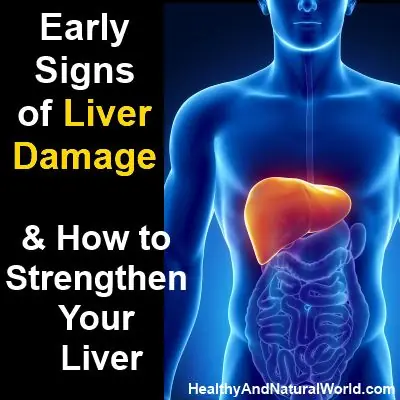
Early Signs of Liver Damage & How to Strengthen Your Liver
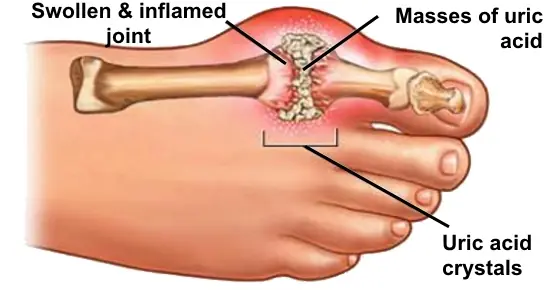
The Best Natural Gout Treatments: Remove Uric Acid Crystallization To Prevent Gout And Joint Pain
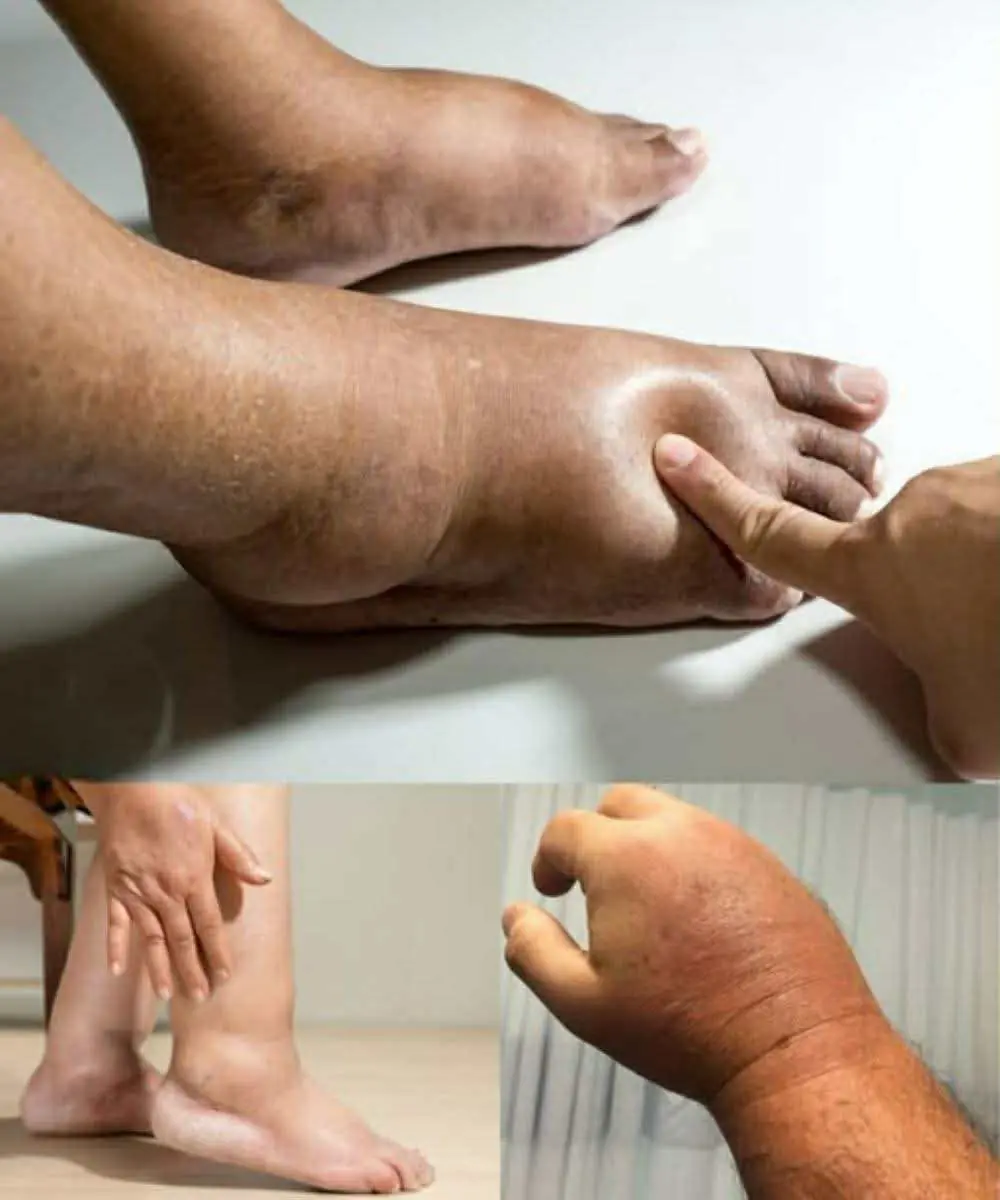
Foods that can ease swelling in hands and feet

Sleeping With The Door Open

Woman shares ’embarrassing’ symptoms she regrets hiding from doctors as she’s diagnosed with incurable cancer
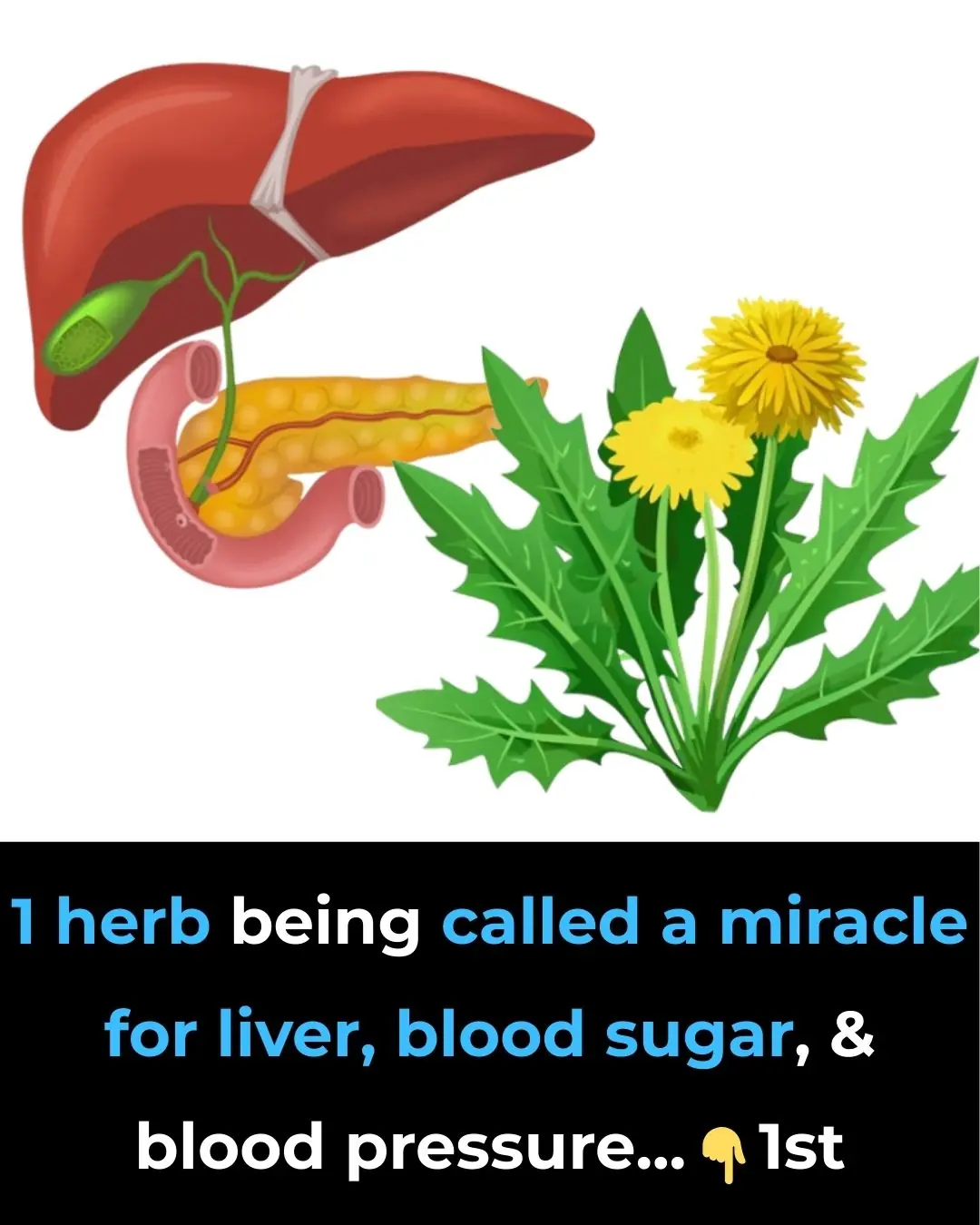
1 herb being called a miracle for liver, blood sugar, and blood pressure

1 cup before bed: end restless nights and repair your nerves
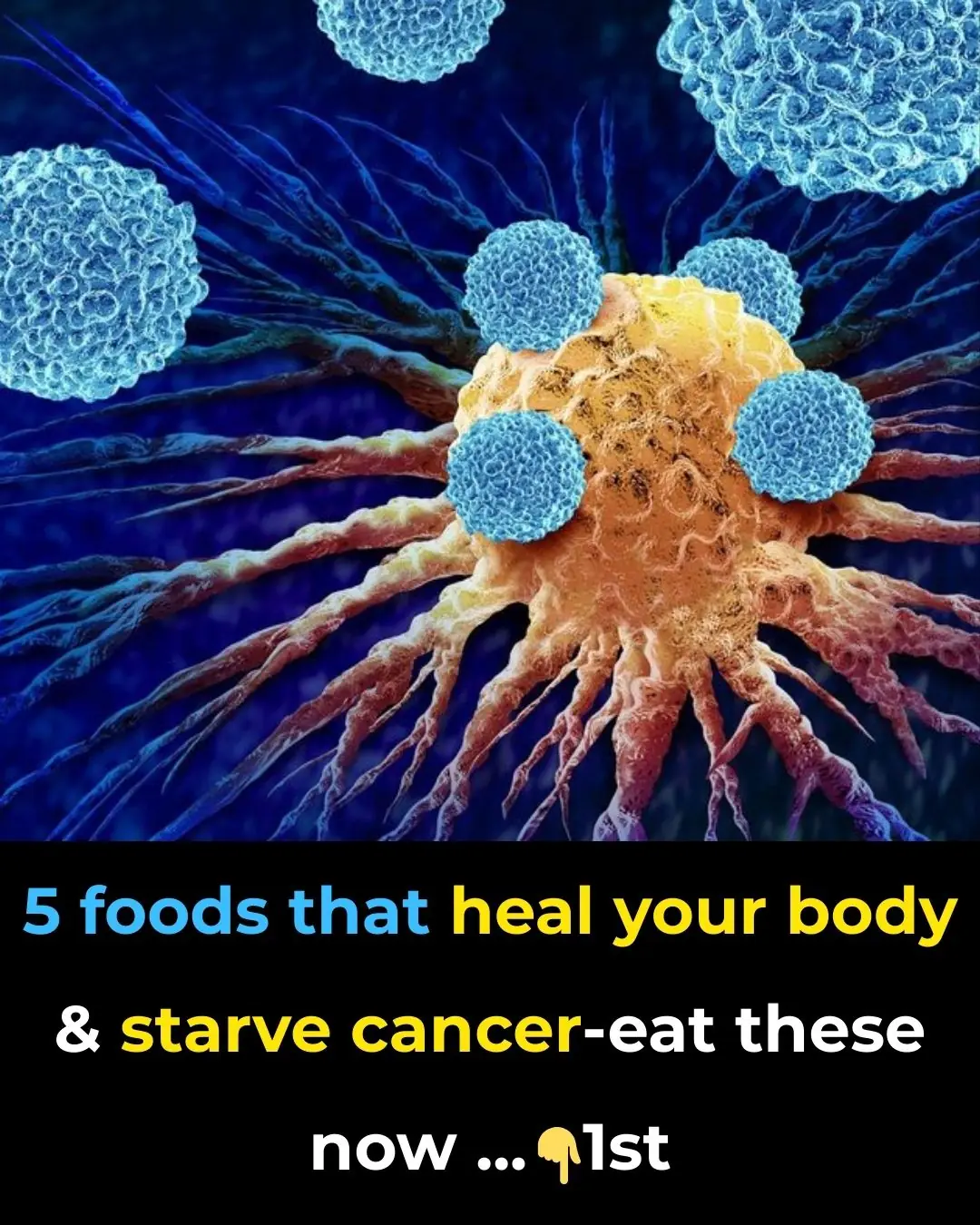
5 foods that heal your body and STARVE cancer—eat these now!
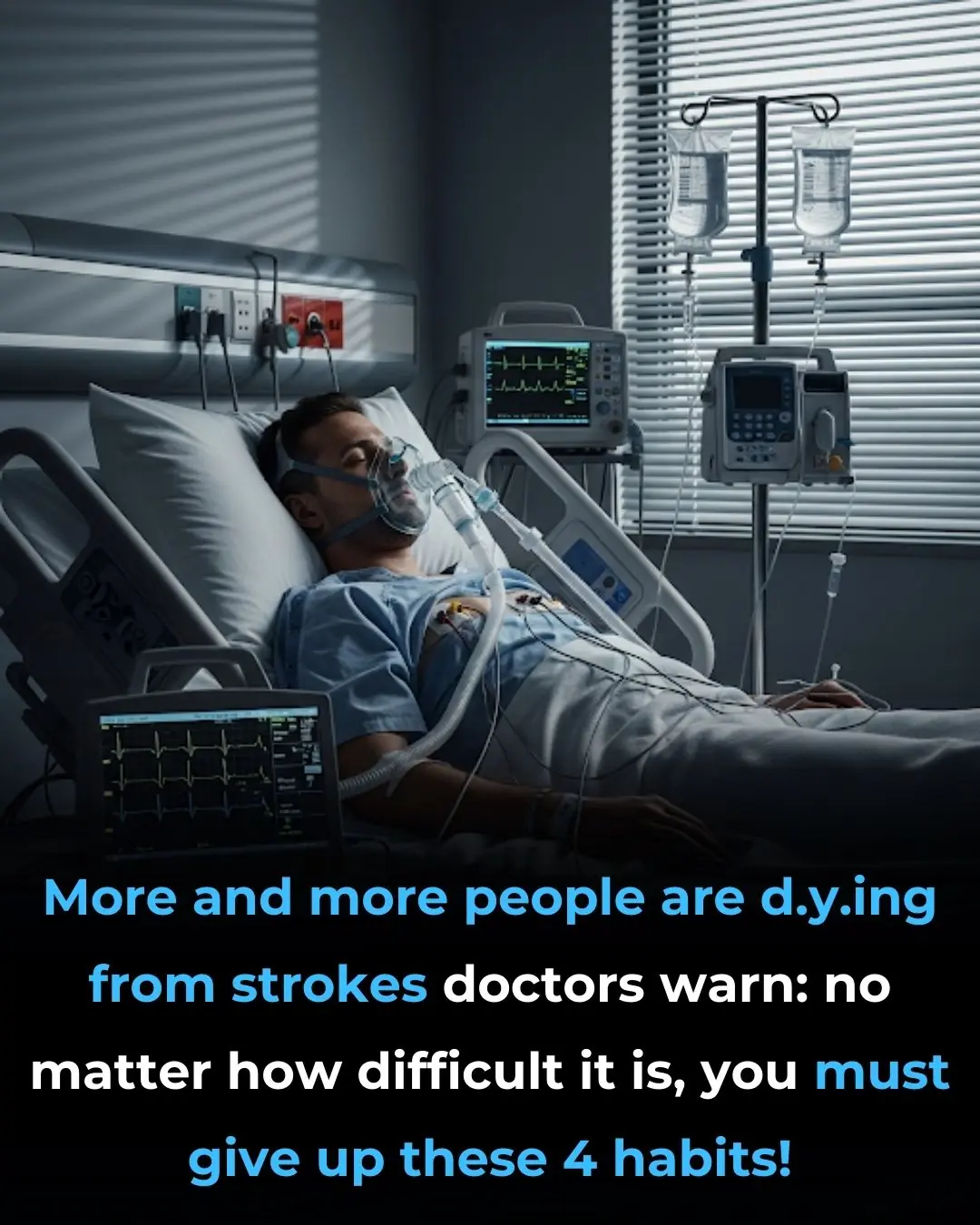
Preventing Stroke At Any Age: 3 “Don’ts” After Meals—And 4 “Don’ts” Before Bed

The Truth About “Old Person Smell”: What Causes It And How To Get Rid Of It
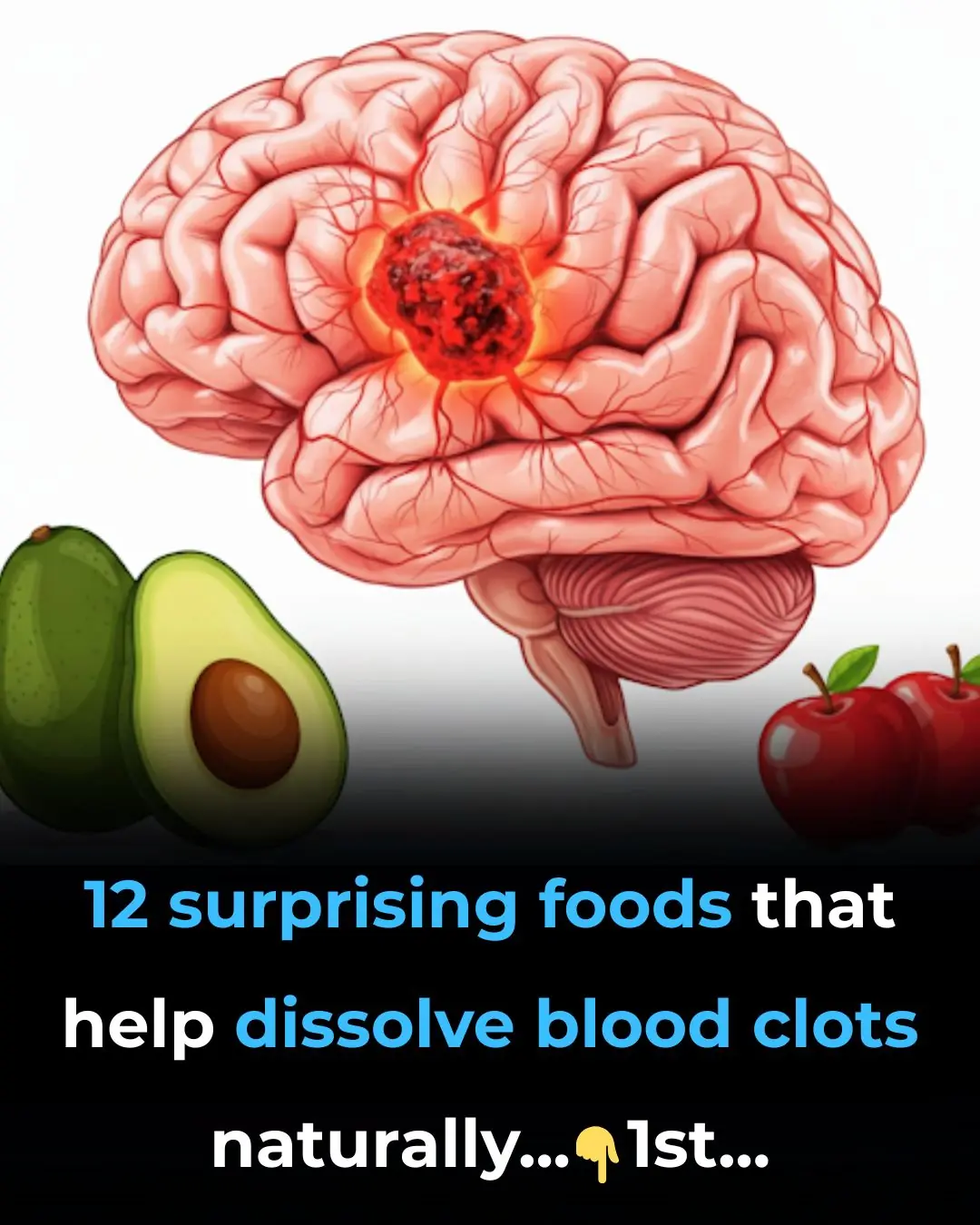
12 surprising foods that help dissolve blood clots naturally
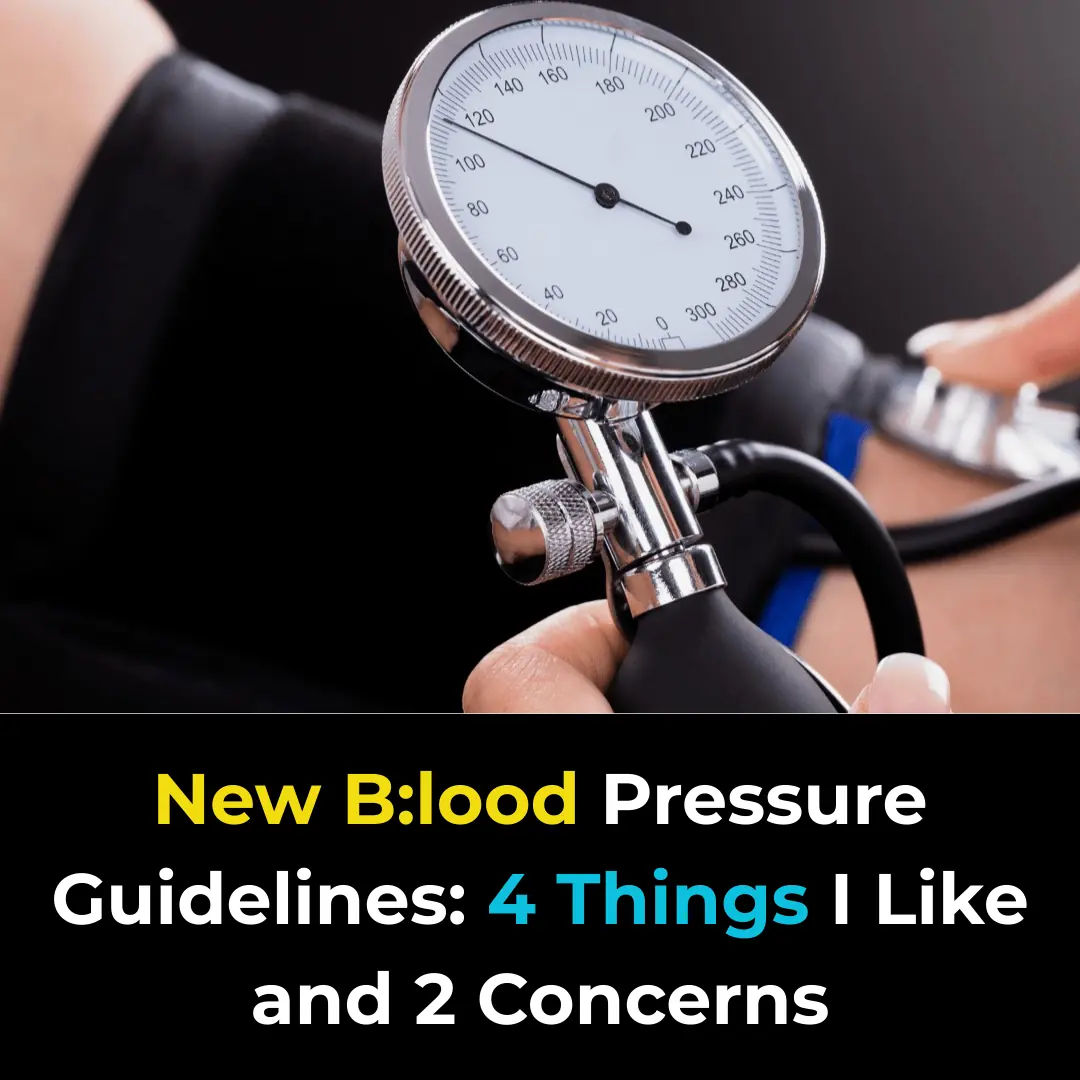
New B::l:ood Pressure Guidelines: 4 Things I Like and 2 Concerns
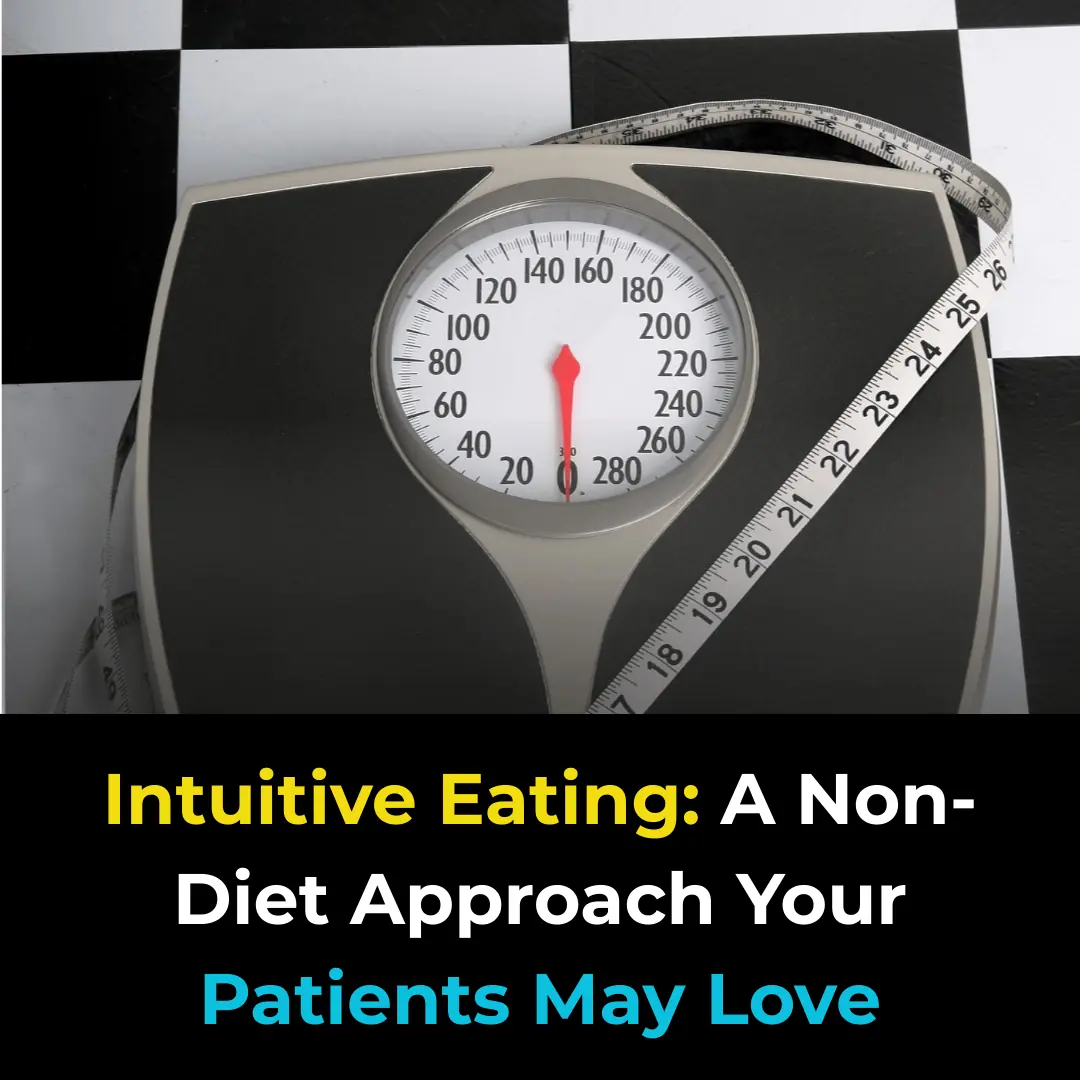
Intuitive Eating: A Non-Diet Approach Your Patients May Love

Global Prevalence of Hidradenitis Suppurativa Approaches 1%

Who Should Avoid Eating Chicken Feet?

Here’s How To Get Rid of Sinus Infections Naturally, No Antibiotics Required!
News Post

The Music That You Listen To Literally Causes Changes In Your Brain

Scientists: 3 Days of Silence Is Enough to Rewire Your Brain

Katy Perry shuts down haters as she reveals staggering earnings from tour

Mom who anonymously bullied and harassed her teen daughter online for a year reveals why she did it

Woman who had no idea she was pregnant gives birth in RV at Burning Man

Couple who started a swingers club reveal controversial rule for 'ugly' members

Why expert believes Princess Diana could have survived her 'incredibly rare' fatal injury

College Student Killed by Her Ex in Parking Lot Before He Calls 911, Kills Himself

Family gives update on baby after brain dead woman was kept alive to give birth due to abortion law

From 90 To 43: Latest Polls Expose Overstated Trump Popularity

Remembering Ozzy Osbourne, Hulk Hogan, And Other Stars We Lost This Year

8 Common Hygiene Myths You Shouldn’t Believe

The hidden meaning of thumb rings: what they represent for women vs. men

What it says about your relationship when your partner sleeps with their back to you

Pouring Hot Water into the Kitchen Sink: Thought It Was Helpful but Actually Causes Two Serious Problems

Early Signs of Liver Damage & How to Strengthen Your Liver

Clogged Pipes? Super Easy Home Remedies Without Calling an Expensive Plumber!

The Best Natural Gout Treatments: Remove Uric Acid Crystallization To Prevent Gout And Joint Pain

Foods that can ease swelling in hands and feet
